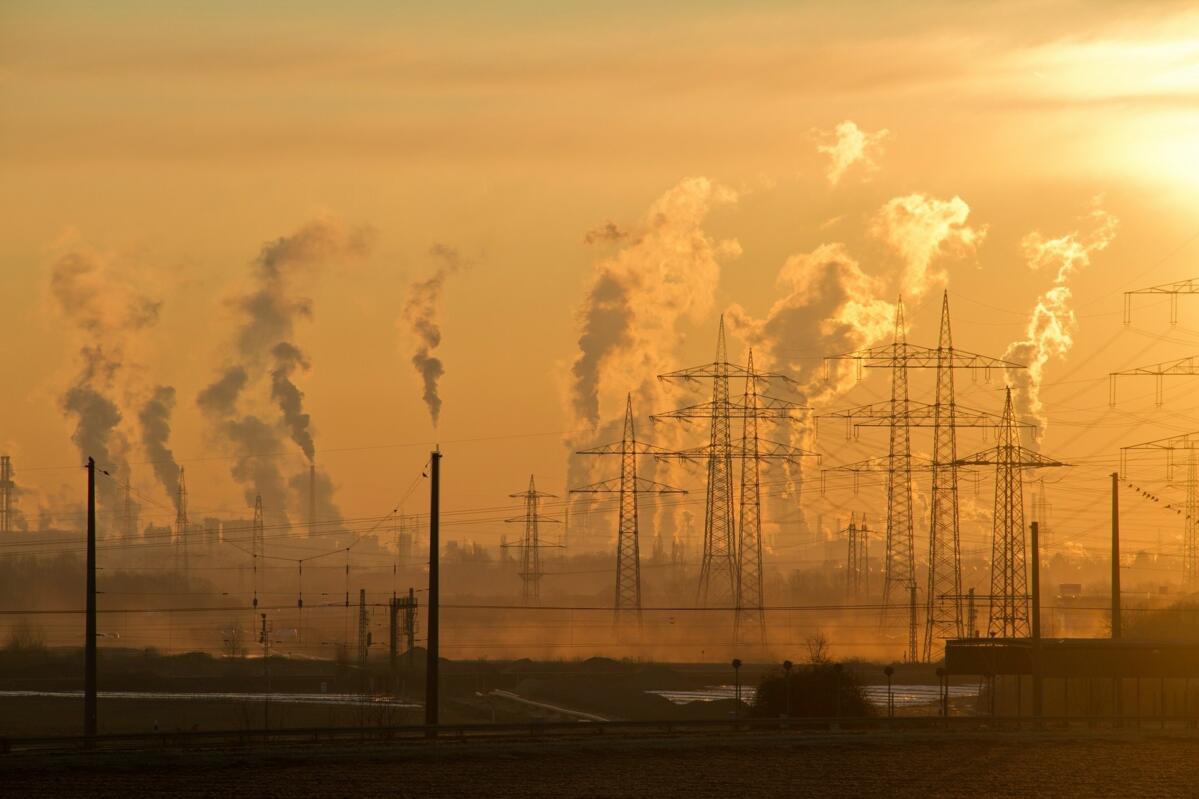As Russian gas flows to Europe fell sharply in the heat of summer, fears of a cold and dark winter sent a chill up and down European politicians' spine.

Among the European continental countries, the German economy is highly exposed to the risk that Russian gas supply suddenly stops. As Russian gas imports are difficult to substitute, some studies estimate the impact of a gas shut-off at up to 5 percent GDP reduction and up to 2.6 percentage points' higher inflation in Germany for this year and even a more severe impact on the economy for next year. These scenarios are alarming.
Russia's brutal invasion of Ukraine has exposed the chimera of fueling economic growth whilst moving to cleaner sources of energy and keeping climate change in check.
German government, industry and citizens are called to make choices that may slow or even reverse some of the country's ambitious climate goals, including the plans to reach net-zero emissions by mid-century. As the German government may seek solidarity for tackling the energy crisis, Germany is enjoying no short of Schadenfreude in other parts of Europe and in the US, mainly due to its long-established policy of dependency on imported energy.
In fact, Germany's growth engine requires fossil fuel production and consumption and, crucially, the planned transition from fossil fuels to renewable sources, including solar, wind and biomass energy, cannot be achieved in the short-term and at a low costs.
Canary in the coal mine
Germany is still the largest coal consumer and producer in Europe.
Coal fueled the economic growth and the modernization of the country since the 19th century, and it was supplemented by petroleum as primary source of transportation energy during the 20th century, as observed by Stephen Dover.
German nuclear ambitions, started in the 1970s in response to Middle East oil embargoes, were stopped by young people's opposition - later reflected in the Green Party's political program -, as well as by a series of nuclear disasters, including Chernobyl and Fukushima. Aiming at ensuring energy security, successive German governments increased ties with Russia to secure imports of oil, gas and coal, but also heavily started investing in renewables.
Still, the country imports about 60% of its energy use, with about half of the imports of gas and hard coal and about one third of oil imports originating from Russia (see Chart 1).
As early as 2020, the German government led by Angela Merkel enacted a law that makes 2038 the final year for coal use and, before Russia's invasion of Ukraine, the new government coalition of SPD, FDP and Greens had even announced to bring the coal phase-out forward to 2030.
Plans suddenly changed in June, when Russian gas company Gazprom's said that it was reducing supply through the Nord Stream pipeline. Mr. Robert Habeck, Germany's economy minister and Green Party leader, announced that Germany would fire up coal plants to produce electricity, potentially also using the high polluting lignite (Braunkohle) as a combustible. The government also announced gas rationing to replenish reserves ahead of the winter and, crucially, confirmed the phasing out by end-2022 of the three nuclear power plants still supplying 6% of electricity to the country.
German primary energy usage 2021:
Source: EconPol Policy Report 36 (March 2022).
Germany is not the only country resuming to dirtier fuels and to policies for saving energy, as gas prices have been hitting exorbitant heights this year. REPowerEU, the European plan presented by the EU Commission in May, also contains measures to conserve energy and reduce dependence on Russian fuels.
Shifting away from gas is a setback in the global push for cleaner energy and this development is expected to intensify over the next months, as also acknowledged by the International Energy Agency (IEA), which recently boosted its forecast for global oil demand growth on the ground that power generators and industry will keep on switching their fuel to oil.
Coal and other dirtier fuels seemed to be on the way out across the globe as sources of energy. Russia's invasion of Ukraine has revealed Germany's vulnerability to the energy crisis, forcing the government to re-start coal power plants against its commitments on climate goals. It took the great hero Bellerophon riding his white Pegasus to slay the Chimera, a fearsome fire-breathing mix of lion, goat, and snake. Realpolitik engineered a breathtaking Grüne soul with a hearth of Braunkohle, a herculean task for Mr. Scholz's government as winter is coming.


